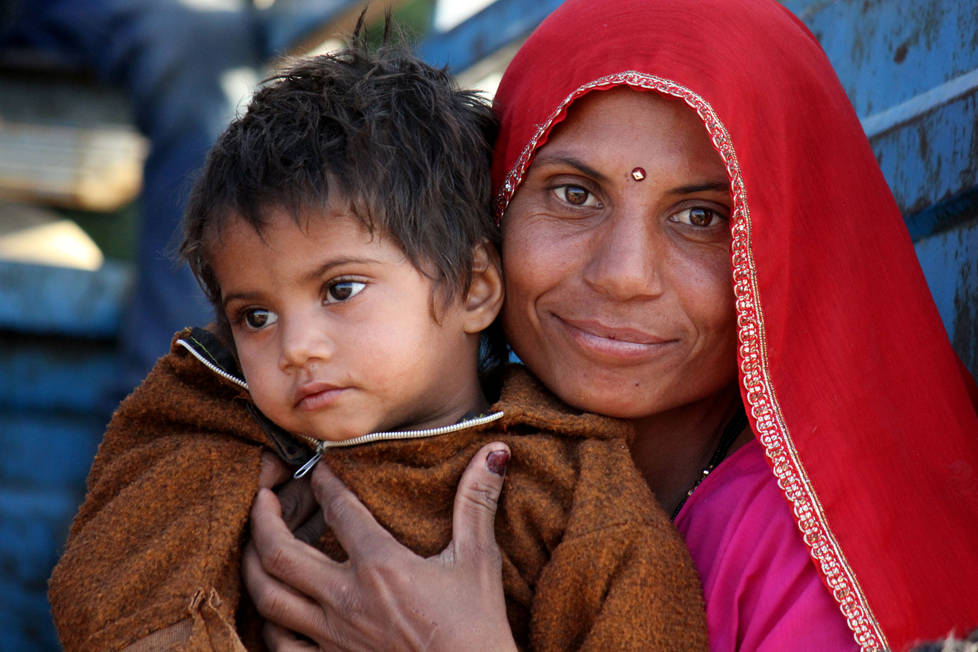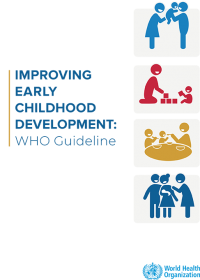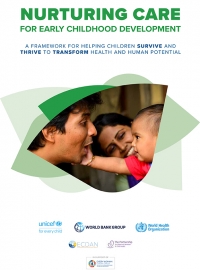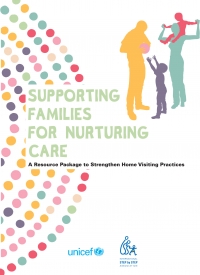Nurturing care: Promoting early childhood development
Introduction
Series Paper 2 | Nurturing care: Promoting early childhood development
The UN Sustainable Development Goals provide a historic opportunity to implement interventions, at scale, to promote early childhood development. Although the evidence base for the importance of early childhood development has grown, the research is distributed across sectors, populations, and settings, with diversity noted in both scope and focus. We provide a comprehensive updated analysis of early childhood development interventions across the five sectors of health, nutrition, education, child protection, and social protection. Our review concludes that to make interventions successful, smart, and sustainable, they need to be implemented as multi-sectoral intervention packages anchored in nurturing care. The recommendations emphasise that intervention packages should be applied at developmentally appropriate times during the life course, target multiple risks, and build on existing delivery platforms for feasibility of scale-up. While interventions will continue to improve with the growth of developmental science, the evidence now strongly suggests that parents, caregivers, and families need to be supported in providing nurturing care and protection in order for young children to achieve their developmental potential.
Figure: Evidence-based interventions that affect aspects of nurturing care
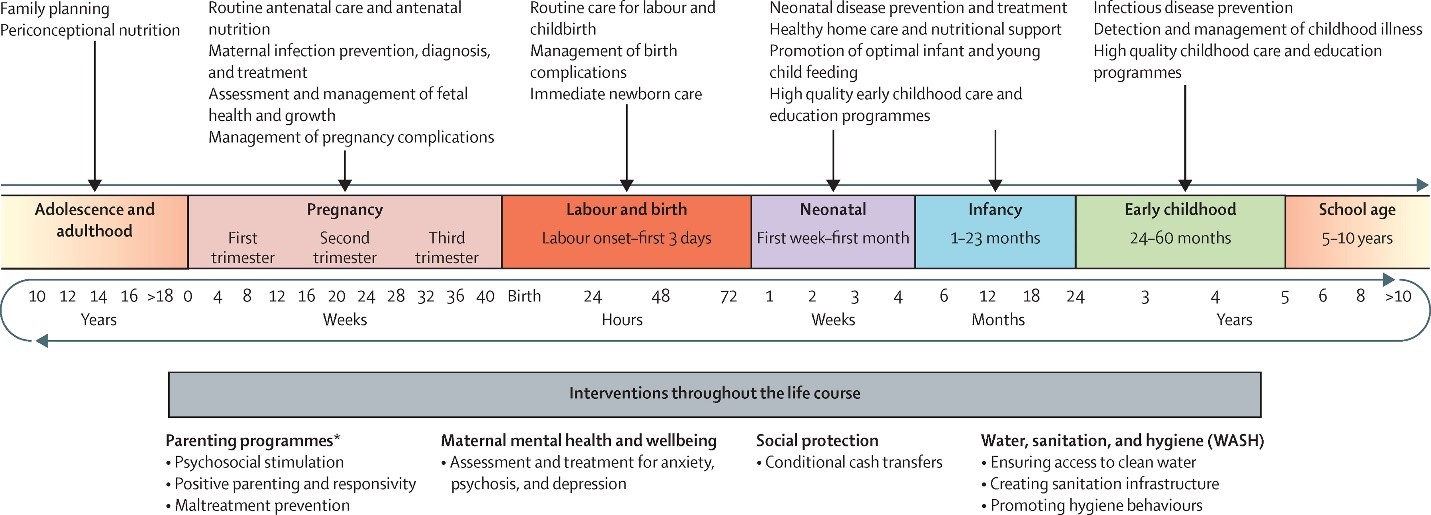
Key messages
-
Advances in basic and intervention science indicate that early childhood is a period of special sensitivity to experiences that promote development, and that critical time windows exist when the benefits of early childhood development interventions are amplified.
-
The most fundamental promotive experiences in the early years of life come from nurturing care and protection received from parents, family, and community, which have lifelong benefits including improved health and wellbeing, and increased ability to learn and earn.
-
Nurturing care and protection are supported by a range of interventions delivered prepregnancy and throughout birth and the newborn period, infancy, and early childhood. Many of these interventions have shown benefits for child development, nutrition, and growth, and reductions in morbidity, mortality, disability, and injury.
-
Interventions that integrate nurturing care and protection can target multiple risks to developmental potential at appropriate times, and can be integrated within existing preventive and promotive packages.
-
Preventive and promotive packages can build on existing platforms, such as community-based strategies and social safety nets, for delivering parental and child services at scale to vulnerable and difficult-to-reach populations, enhancing their effectiveness and sustainability.
Reprinted from The Lancet, Vol 389; Authors: Pia R Britto, Stephen J Lye, Kerrie Proulx, Aisha K Yousafzai, Stephen G Matthews, Tyler Vaivada, Rafael Perez-Escamilla, Nirmala Rao, Patrick Ip, Lia C H Fernald, Harriet MacMillan, Mark Hanson, Theodore D Wachs, Haogen Yao, Hirokazu Yoshikawa, Adrian Cerezo, James F Leckman, Zulfiqar A Bhutta and the Early Childhood Development Interventions Review Group; Nurturing care: Promoting early childhood development. Pages 91-102, Copyright (2016), with permission from Elsevier.
Additional resources
Together, UNICEF ECARO and ISSA have developed a set of Resource Modules for Home Visitors: Supporting Families for Nurturing Care, intended to better equip home visitors with the latest knowledge and tools to support and engage with the families of young children. Read more.
JOIN THE CONVERSATION
For breaking news and to stay connected, follow us on social media. Sign up to get our E-News delivered straight to your inbox.


